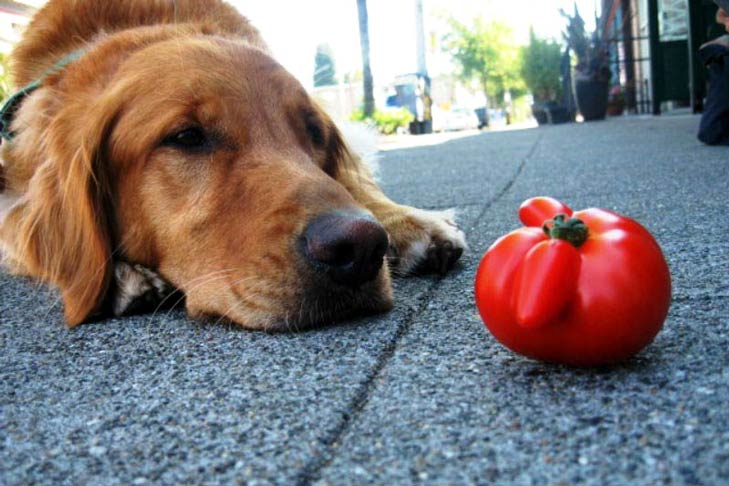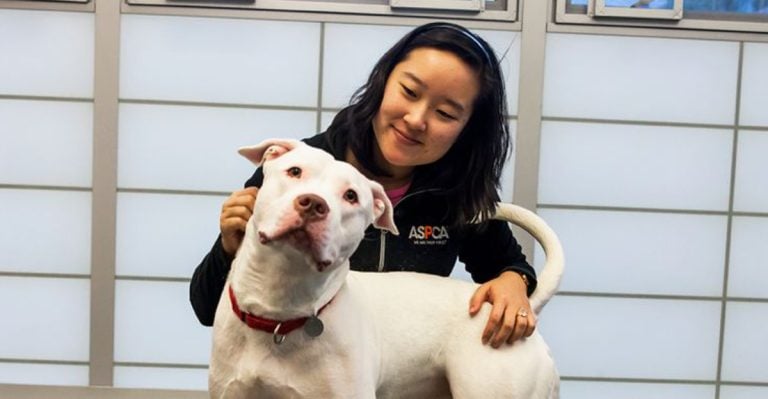15 Things You Need To Know Before Neutering Your Dog

Neutering is a widely practiced procedure, but most are unaware of how it helps beyond population control. Before proceeding, dog owners should carefully assess medical and developmental factors. This list presents fifteen essential factors to consider before proceeding with a decision that carries lifelong implications for the dog’s well-being.
Timing Neutering Based On Breed And Growth

Puppies of smaller breeds usually get neutered around six to nine months. For giant breeds, it’s best to wait until 12 to 18 months. This way, you can help protect their growing joints and also reduce the risk of additional orthopedic problems.
Understanding Potential Surgical Risks

Every surgery comes with some risks, like anesthesia problems, bleeding, infections, etc. Talk to your vet about breed-specific stuff, especially for brachycephalic dogs and their airway issues. Ask them to explain the steps they take to reduce complications.
Importance Of Pre-Anesthetic Bloodwork

Comprehensive panels look at organ functions and red blood cell counts to keep anesthetic dosing safe. This information helps your veterinarian adjust the drug protocols. This way, your dog can go through surgery without any surprises.
Fasting Guidelines For Safer Anesthesia

Many clinics recommend fasting for about 12 hours before your pet goes under the knife, but you can give them a sip of water two hours before anesthesia. It helps keep the chances of vomiting and aspiration low.
Types Of Anesthesia Used During Neutering

These days, when neutering, vets usually start with IV induction and use isoflurane or sevoflurane gas to keep your dog comfortable and stable. Don’t forget to ask if they use local blocks to help with pain and speed up recovery.
Effective Postoperative Pain Management Plans

Managing pain in dogs is key in pet care. Your vet probably gives injectable pain relief during surgery and sends you home with NSAIDs. This combination helps keep your pup comfortable while they heal.
Scheduling And Importance Of Follow-Up Visits

Plan a follow-up check about 10 to 14 days after your pet’s surgery. The vet will take a look at the incision and remove any stitches if necessary. These appointments are a great chance to discuss any redness and swelling before they become bigger problems.
Proper Care For The Incision Site

Keep an Elizabethan collar on for about a week to prevent your pet from licking or chewing the incision. Check the area twice a day for any redness or discharge, and don’t hesitate to call your vet if you notice any signs of infection.
Typical Recovery Timelines By Dog Size

Little dogs tend to bounce back in around 10 to 14 days, while larger ones might take a bit longer. It’s a good idea to limit their running and jumping during this time to give their healing tissues a chance to recover properly.
Expected Behavioral Adjustments Post-Surgery

You might see your pet marking less and roaming around less just weeks after surgery. Neutering cuts down testosterone, which helps with those instincts. Every pet is unique, but many owners find that their pets are relaxed and easier to train afterward.
Vaccination Status Before Surgical Procedures

Make sure to confirm core vaccines at least five days before surgery. This assists in keeping your pup safe during recovery. Vets usually combine vaccinations with pre-op check-ups to make things easier and to protect your pet from any infections at the hospital.
Health Impacts Of Neutering On Longevity

Studies show that getting your pet neutered can have health perks, like lowering cancer risks, especially when done by qualified vets. Also, keeping up with regular inspections and blood tests helps catch any rare issues early on.
Understanding The Full Cost Of The Procedure

Procedure costs can really differ, ranging from about $35 at budget clinics to over $350 at private hospitals. Make sure to get a clear quote that includes the surgeon, facility, and medication fees. This way, you won’t be hit with unexpected bills later on.
Hospital Stay Considerations After Surgery

Most healthy pups can go home the same day after the procedure. If your dog is older or has some health issues, they might hang around for an extra night. This reduces the chances of any post-op bumps for quick attention.
Recognizing The Long-Term Health Benefits

Neutering your dog helps reduce the risk of prostate problems and testicular cancer, which can lead to a longer life. It also helps curb those annoying marking and wandering behaviors, making your home a more peaceful place to be.






